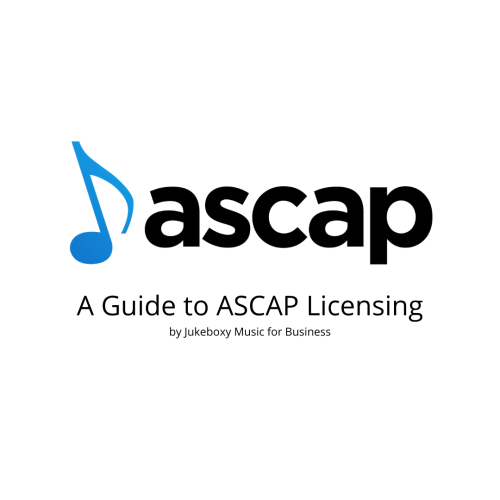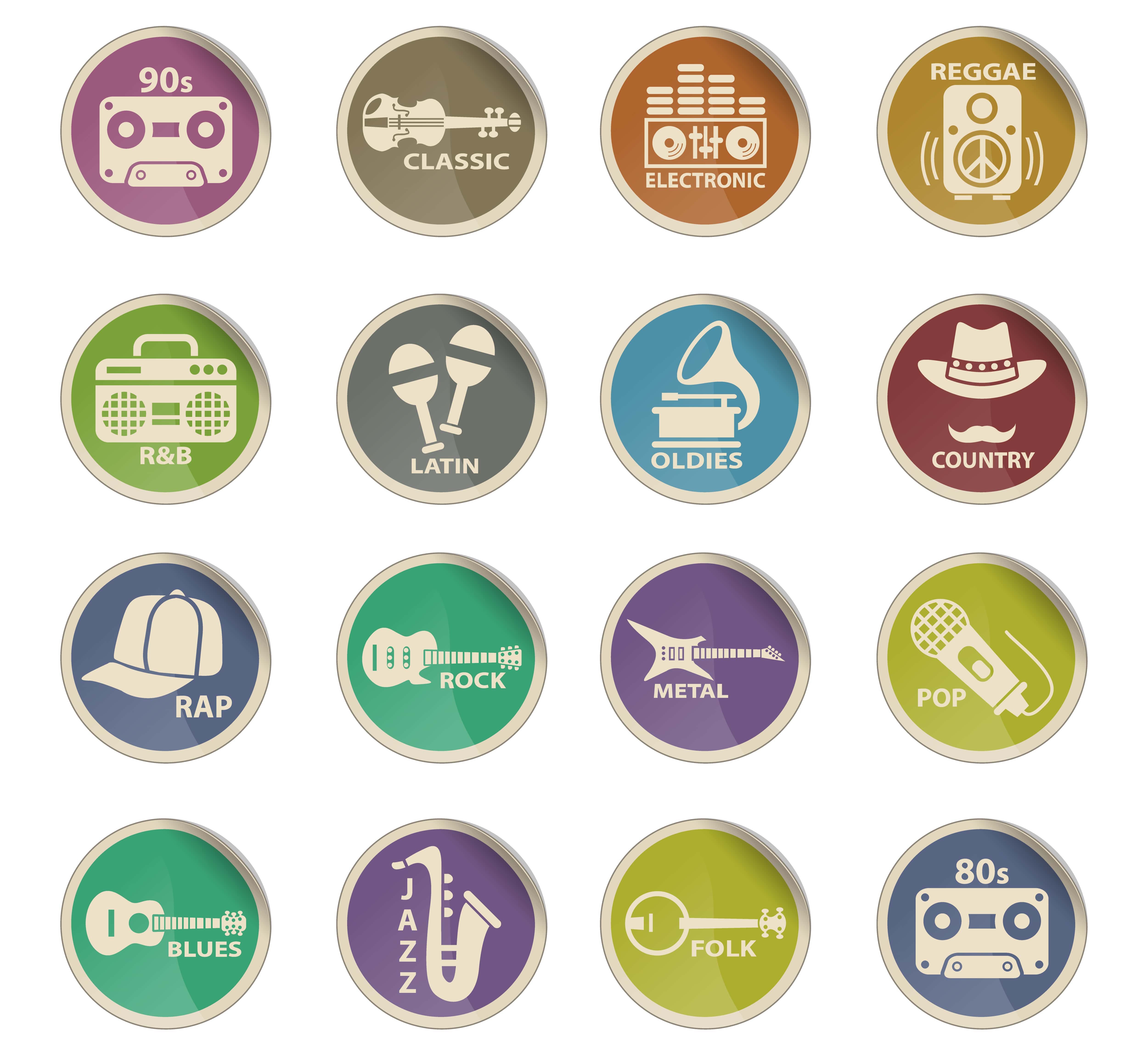
“Penicillin cures, but wine makes people happy.” — Alexander Fleming, the Scottish bacteriologist who discovered penicillin, said.
Wine is the second preferred drink of US adult consumers at around 30%, followed by hard liquor. Many say drinking wine helps them unwind after a stressful day; it is also the number one choice of host gifting. And remember, drinking wine engages our five senses, from hearing to sight.
Owning a wine shop is a great way to combine your passion and knowledge for a successful business while earning a living at the same time. Who could ask for a better job than discovering new wines, traveling to vineyards, talking to customers, and recommending favorite bottles? Let’s not jump to conclusions just yet. Having an interest in wine does not ensure success in selling it.
If you plan to open a wine shop, you should consider each step for a successful business. The process may be scary and challenging, but it is worth it if you’re willing to work through it. You may have some knowledge about opening a wine shop already, but there are many aspects that you need to put together. In this article, you will learn about the various steps of opening your wine shop.
Our recommendation: trust yourself and don’t listen to all the naysayers. You can do it if you are thorough and if you take your time in planning.
Make a business plan
Entrepreneurship success depends on a clear plan. You will be able to uncover some unanswered questions and map out your business’s specifics. Refrain from reinventing the wheel. Learn how things work by asking an expert. Below are a few things to keep in mind:
- opening costs and ongoing expenditures: rental fees, salaries, equipment, etc.
- determine your specific target audience
- pricing, profit expectation
- business name, registration, permits, and licenses
- commercial space: location, size, accessibility
Legal tasks
This part is the least fun, but it is the most important one. It is probably also the one that will take more of your time than any other steps. There are legal requirements and permits to start any business. However, you will need additional licenses like a liquor store license for a wine store. For that reason, allow extra time for this task and make sure to do the following:
- Choose a business structure
- Register your business
- Get federal and state tax Ids
- Open a business bank account
- Get necessary permits and licenses
- Acquire business insurance
- Apply for a license issued by your State’s Division of Alcoholic Beverages and Tobacco, Bureau of Licensing
- Subscribe to a commercially licensed background music provider
Pick your location for your wine store
No matter how impressive your wine shop idea might be, you may fail if it doesn’t have a fantastic location with lots of foot traffic. When searching for a store, consider the neighborhood, the easiness of parking, the foot traffic, and most importantly, the competition. If there are more wine shops within two miles of your store, you may have no choice but to compete on price and the target market. It is all about the location! The following points can help you in your decision:
- Consider a location with many residential buildings around
- See if there are any stores in your budget in a city center where there is lots of foot traffic
- Size – make sure you have enough space for storing a variety of wines both on the shelves and in storage
- Mood – you should choose your shop’s layout to align with your concept and your brand’s identity
Increase sales with add-on merchandise
Most successful wine shops offer more than just wines. They increase sales with complimenting merchandise like wine openers, wine magazines, snacks, and other alcoholic beverages. You can also increase the revenue when you find ways to make better use of the physical space you have such as wine tasting events, live music to attract more customers, a corner for wine-related products, and so on. Talk to your customers and get feedback; they will be happy to tell you about their needs and what they would like to see.

Stock your wine inventory
A well-stocked wine shop is an essential aspect of the business. The start-up inventory and cost will vary depending on the size of the store, international and high-end vs. locally sourced and inexpensive wines. Depending on the location of the store, you can determine the budget and inventory variety. Create your start-up inventory by:
- Selecting wines in various price ranges for popularity and a smaller selection of exclusive wines
- Coming up with a start-up budget and sticking to the budget
- Researching different products and prices based on your shop’s needs
- Applying for 30 or 60-day payment terms with the distributors
Launch a website and create social media accounts
Websites and social media accounts are a must for every business today. Establish your wine shop’s presence on the internet by buying a domain. Inform your visitors about the location and hours of your store via your website. Give customers access to inventory details so they can find what they want. Your store should contain a page that tells the story of what the store means to you. Use Instagram and Facebook platforms to promote your business with local ads, targeting your preferred audience.
Create a welcoming atmosphere in your wine shop
Visit other stores that consumers frequent and observe these shops to understand why they work. Visit less popular wine stores to see what they are doing wrong and avoid repeating their mistakes. Take notes and write down ideas constantly. Take your time to go through your notes and implement all the best things you have observed and learned.
Once all the equipment, design, and stock are ready, it is essential for a thriving wine store to implement one more aspect. And it is the background music. It will not only set the mood in your wine shop, but it will also unknowingly direct your customers to purchase specific wines. Research suggests that when French music was playing, French wines were the first ones to sell out that day.
Can you afford to miss out on the ambiance that music can create? The answer is no. It is proven that background music in business – any type of business – can boost sales. You want to set the tone of your brand with a fitting soundtrack for your business and target market. For example, suppose you are selling high-end wines, international music or classical music will create a high-end atmosphere and help increase the sales.
Background music for your wine shop
As for the background music, it must comply with the legal requirements and Copyright Laws. You cannot use personal use licensed music streaming services like Apple Music, Spotify, or Pandora Music. You must choose a music streaming service with a business use license.
Bonus Read: We have a guide about “Can you use Spotify, Apple Music and others for commercial background music?”
That’s where business music streaming services like Jukeboxy come into play. You can get licensed background music from major labels and indie labels as well as ASCAP, BMI, SESAC, and GMR with a subscription to Jukeboxy Music for Business. With Jukeboxy, your wine store will be 100% compliant with Copyright Law for streaming background music and all for only $24.99 per month.
What is a BMI licensing for businesses, and why do businesses need to comply with Copyright Law? Read more…

And an interesting fact to conclude our article; research shows that background music affects the taste of wine:
- When there is powerful and heavy background music playing, the perception of wine is enhanced as rich and powerful.
- Those who listened to refined background music were more likely to perceive the wine as subtle and pure.
- Background music that is zingy and refreshing can enhance the perception of wine as more poignant and freshening than when there is no background music.
- When mellow and soft music is played, it affects how the wine is perceived, unlike no music played.
When organizing a wine tasting event in your wine shop, paying attention to the background music is a good idea. With Jukeboxy, you can change the music instantly from your mobile phone or online dashboard to match the day’s events and your clientele. With over 45 million song library and 350+ expertly curated playlists, it’s a guaranteed success!








